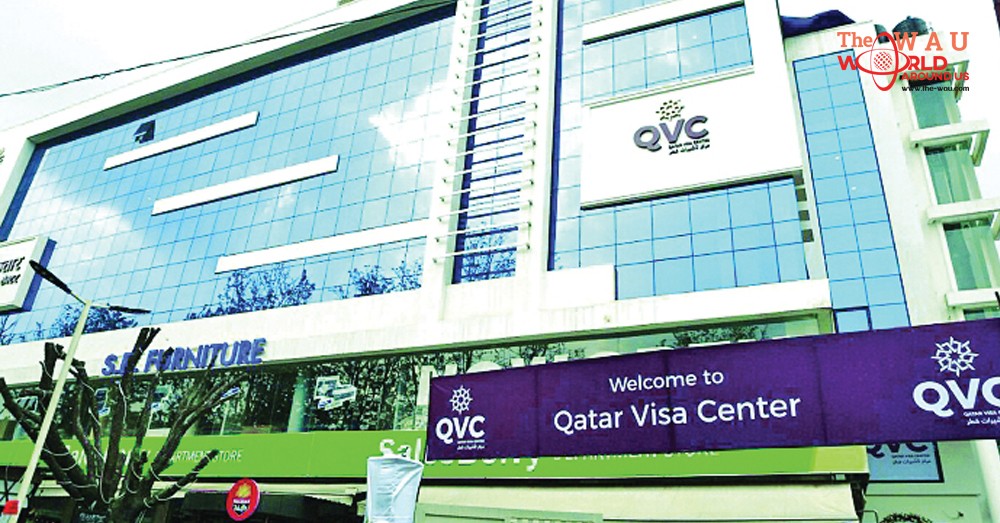The Ministry of Administrative Development, Labor and Social Affairs (MADLSA) is working on issuing guidelines for expatriate workers to educate them on their rights and duties as well as the customs and traditions of Qatar, a top official has said.
“MADLSA is coordinating with the Ministry of Interior (MoI) to protect the rights of expatriate workers,” Mohammed al Meer, a representative of MADLSA at Qatar Visa Centers, told Al-Rayyan TV.
“The ministry provides its services through Qatar Visa Centers. All documentation is being done electronically. The employer can read the electronic work contract and may amend it. Then he sends it to the expatriate worker through the Qatar Visa Centers abroad. The worker can then read it and sign electronically,” he added.
He said Qatar visa centers have helped solve many problems faced in the past — the most important of which was the problem of different contracts.
Meer pointed out that MADLSA works to protect the rights of both the expatriate worker and the employer.
For example, he said, the contract allows the employer to put the worker in a probation period of up to six months. If it is discovered that the expatriate worker does not fit in the job for which he was recruited or if the employer finds that the worker is not suitable for work before completion of three months, the employment office must then return the worker to his country at the expense of the office.
The employer can cancel the contract if he finds a worker unsuitable for the job after a period of three months.
He said the ministry is seeking to engage with civil society organisations in labour-exporting countries to raise awareness about workers’ rights and laws and legislations of Qatar.
He said the ministry, in cooperation with the International Labor Organization (ILO), will hold a roundtable in Sri Lanka, to safeguard the rights of workers and employers.
Maj Gen. Abdullah Khalifa al Mohannadi, Director of Support Services for Recruitment at the General Passport Department of the MoI, said Qatar visa centers abroad are completing work procedures for expatriates such as fingerprinting and medical examination.
He said the MoI cooperates with the Ministry of Administrative Development and work in the contracts.
He said the ministry has so far issued more than 30,000 visas for expatriates to work in the private sector. “We have issued visas for the semi-government sector and we will soon issue visas for the government sector and domestic workers,” he said.
“The Ministry of Public Health supervises the medical examinations in full, and the Ministry of Foreign Affairs supervises the ratifications. In the first five stages, we succeeded in solving many of the problems such as the return of some workers after they failed the medical examinations or other matters.”
He said, “We have opened visa centres in five countries -- Sri Lanka, Bangladesh, Pakistan, India and Nepal – so far. We’ll soon open visa centres in The Philippines, Tunisia and Indonesia.”
Share This Post















